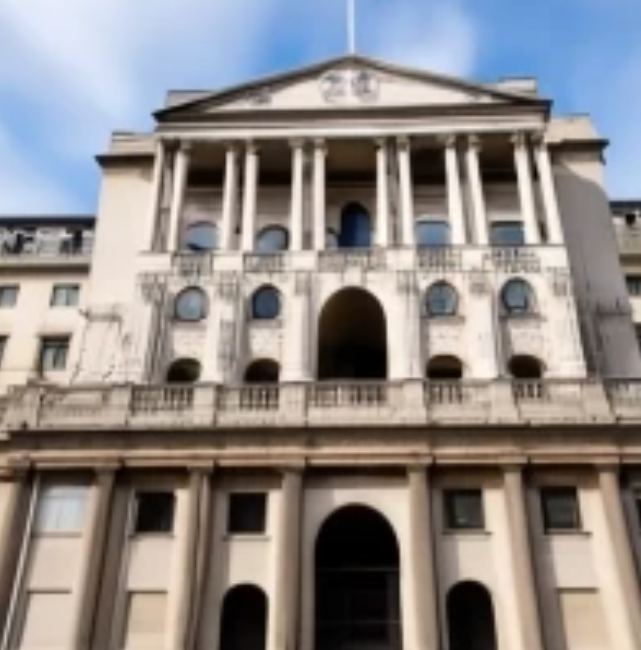Navigating the Bank of England Base Rate
Understanding the Bank of England's key interest rate is crucial for anyone with a mortgage, savings, or a vested interest in the UK economy. This rate, often referred to as the Bank Rate, is the interest rate the Bank of England charges other banks for loans. Its movements create a ripple effect, influencing the cost of borrowing and the returns on saving throughout the entire country.
How the Base Rate Works
The Bank of England's Monetary Policy Committee (MPC) is the body responsible for setting the base rate. The MPC meets regularly, typically eight times a year, to analyze a range of economic indicators. Their primary goal is to maintain price stability, which is defined by the government's inflation target. When inflation is rising too quickly, the MPC may increase the base rate to discourage borrowing and curb spending. Conversely, if economic growth is sluggish and inflation is low, they might cut the rate to stimulate lending and encourage spending.
The Impact on You
A change in the base rate has direct implications for households and businesses.
Mortgages: For homeowners, the impact depends on the type of mortgage they have. Those with a tracker mortgage will see their interest rate and monthly payments change directly in line with the base rate. In contrast, those on a fixed-rate mortgage are insulated from these changes until their fixed term expires. When a fixed term ends, the new mortgage rate a borrower can secure will be heavily influenced by the prevailing base rate.
Savings: Savers generally benefit from a higher base rate, as banks tend to offer more attractive interest rates on savings accounts. When the base rate falls, the return on savings is likely to decrease.
Recent Trends and Future Outlook
The Bank of England base rate has seen significant shifts in recent years. Following a period of historically low rates, a cycle of increases began to combat surging inflation. This period of tightening monetary policy has since given way to a new phase.
Recently, the MPC has been cutting the base rate, signaling a shift in their focus towards supporting economic growth. This decision reflects a careful balancing act between managing inflation and preventing a prolonged economic slowdown. While some analysts believe further cuts may be on the horizon, the exact path forward remains subject to global and domestic economic developments.
The Bank of England's actions with its base rate are a fundamental part of the UK's financial landscape. Staying informed about these decisions and their potential effects on personal finances is key for making sound financial choices in an evolving economic environment.
Navigating the Bank of England Base Rate
